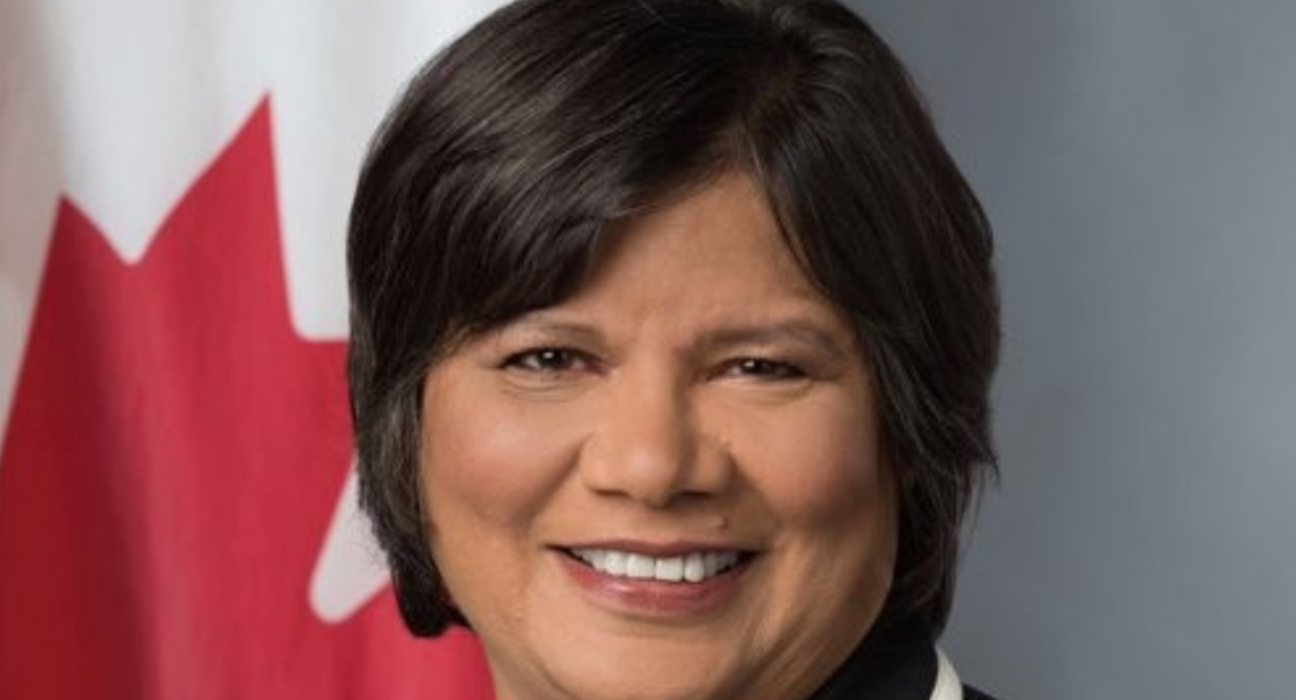By Saskia Warrick
Canada, in collaboration with the UN Food and Agriculture Organization (FAO), has launched a transformative project aimed at promoting Gender-Responsive Climate-Smart Agriculture and Food Systems across the Caribbean.
This initiative, funded with CAN$10 million, seeks to bolster resilience to climate change among Caribbean farmers while stimulating economic growth in the region.
The four-year project will be executed by the FAO in Belize, Dominica, Grenada, Guyana, Jamaica, Saint Lucia, St. Vincent and the Grenadines, and Suriname.
It will engage over 30 farmer organizations, with a special focus on those led by women and youths.
The project aims to modernize and elevate agricultural value chains, ensuring they are market-driven through data-driven decision-making and fostering partnerships between the public and private sectors.
During the media launch, Canada’s High Commissioner to Barbados and the Eastern Caribbean, Lilian Chatterjee, underscored Canada’s recognition of the Caribbean’s vulnerability to food and input price inflation, supply chain disruptions, and climate change impacts.
She emphasized the pivotal role of women in driving sustainable and resilient agri-food systems, stressing the project’s commitment to empowering women and closing gender gaps in agriculture.
Chatterjee highlighted that this initiative complements Canada’s broader efforts to enhance agricultural entrepreneurship and food systems in the Caribbean, promoting the adoption of climate-smart technologies, innovations, and practices among agricultural stakeholders.
Dr. Renata Clarke, FAO’s Sub-Regional Coordinator for the Caribbean, emphasized the organization’s focus on implementing climate-smart technologies tailored to the region’s needs.
These technologies aim to enhance water and nutrient efficiency, reduce pesticide use, and incorporate renewable energy solutions like solar pumps for irrigation and digital agricultural sensors.
Dr. Clarke also noted the integration of Anticipatory Action protocols with national Agriculture Disaster Risk Management and Climate Information Services to mitigate climate and weather hazards.
The project targets to directly benefit up to 2,500 individuals over four-and-a-half years, with women comprising 50% and youth 20% of the beneficiaries.
It aims to foster inclusive, gender-responsive, and climate-resilient agricultural value chains, benefiting not only the targeted eight Caribbean countries but also providing broad regional benefits to all CARICOM Member States.

